UK Landlords: Is Your Portfolio Ready for the Digital Tax Revolution? (Making Tax Digital for Landlords)

Attention UK landlords! The way you manage your property finances and report to HMRC is undergoing a major transformation. Making Tax Digital for Income Tax Self Assessment (‘MTD IT’) is no longer a distant whisper – it’s becoming a reality, and Taxfile is here to help you navigate this essential change.
Forget the headache of last-minute annual Self-Assessment tax returns! MTD for Landlords is designed to streamline your landlord tax obligations, demanding a shift to digital record keeping and MTD-compatible software. Don’t get caught unprepared – let’s explore everything you need to know about MTD for landlords and how to ensure a smooth transition.
Unpacking Making Tax Digital (MTD) for Landlords
MTD is a cornerstone of HMRC’s initiative to modernise the UK tax system, making it more efficient and accurate. For landlords, this translates into a few key changes:
Mandatory Digital Record Keeping
Bid farewell to paper trails and spreadsheets! You’ll be required to keep all your rental income and expenses in a digital format, using HMRC-recognised software. This includes meticulous details of income received, dates, amounts, sources, and all supporting documents like receipts and invoices.
Quarterly Digital Updates
The biggest shift! Instead of a single annual submission, summaries of your income and expenses are submitted to HMRC every three months through the HMRC-approved software. This offers a more real-time picture of your tax position.
The New “Final Declaration”
At the end of the tax year, a final reconciliation is submitted to HMRC, confirming the accuracy of your quarterly updates and finalising your overall tax liability. This effectively replaces your traditional annual Self-Assessment tax return.
Will MTD for Landlords Affect YOU?
(Key Income Thresholds)
The implementation of MTD for Landlords is phased, so understanding your MTD income threshold is crucial:
- From April 6, 2026: If your total annual gross income from property (and any self-employment) exceeded £50,000 in the 2024-25 tax year, you’ll be mandated into MTD.
- From April 6, 2027: The requirement expands to landlords with a total annual gross income from property (and any self-employment) over £30,000.
- From April 6, 2028: The scheme is set to include landlords with a total annual gross income from property (and any self-employment) exceeding £20,000.
Important Consideration: This “income” refers to your gross income before any expenses are deducted. If you jointly own property, the threshold applies to your individual share of the income. Even if your income falls below these thresholds, you have the option to voluntarily sign up for MTD, allowing you to get ahead of the curve.
Finding Your Perfect MTD Landlord Software Solution
To comply with MTD IT, you absolutely must use software that is HMRC-compatible and can communicate directly with HMRC’s systems. This software will be your new best friend for:
- Maintaining precise digital records of your income and expenses.
- Submitting your quarterly updates to HMRC with ease.
- Submitting your final declaration to complete your tax year.
While there are many options for accounting software for landlords MTD, we at Taxfile are particularly impressed with FreeAgent for its user-friendliness and powerful features.
![]()
Why We Recommend FreeAgent for Landlords:
- Free access potential — FreeAgent is completely free to you while you bank with NatWest, Royal Bank of Scotland, Ulster Bank, or have a Mettle Account (just ensure Mettle is set as your primary business account within the software). This is a significant cost-saving for landlords.
- Tailored for landlords — FreeAgent offers a version specifically designed to meet the unique needs of property owners, including a convenient mobile app for landlords to manage finances on the go.
- Unincorporated landlord support — FreeAgent is specifically tailored for unincorporated landlords.
- Automated bank imports — Say goodbye to manual data entry! FreeAgent automatically imports bank transactions, simplifying your landlord bookkeeping.
- HMRC compatible & user-friendly — It’s fully recognised by HMRC for MTD and boasts an intuitive interface, making it accessible even for those new to digital accounting.
- Excellent support & training — FreeAgent provides top-notch customer support and comprehensive training resources, helping you get the most out of the software.
Any optional add-ons may be chargeable.
Your Essential MTD Preparation Checklist: Don’t Delay!
MTD is a substantial change, but with a proactive approach, you can ensure a smooth transition. Here’s your action plan:
- Assess your income. Confirm your gross property and self-employment income for recent tax years to pinpoint your mandatory MTD start date.
- Embrace digital records NOW. Start digitising all your rental income and expenses immediately. This will make the transition to MTD software much easier.
- Research & select MTD-compatible software. Explore options like FreeAgent or other HMRC-recognised landlord accounting software that suits your portfolio size and needs.
- Get hands-on with your software. Familiarise yourself with your chosen software’s features for record keeping and submitting updates well before the deadlines.
- Consider the MTD pilot (if eligible). Voluntarily joining the MTD for Income Tax pilot can provide invaluable experience with the system in a low-pressure environment.
- Partner with Taxfile. This is where we come in! Our team at Taxfile is ready to provide expert MTD advice for landlords and guide you every step of the way.
Taxfile is Here to Help You Thrive with MTD!
Navigating new tax legislation can be daunting, but you don’t have to do it alone. Taxfile offers comprehensive support for landlords preparing for MTD:
Expert Guidance & Setup
We can answer all your MTD for landlords questions and assist with the initial setup of your chosen software.
Structured Planning
We’ll help you establish monthly goals to ensure your digital tax records are up-to-date, avoiding a last-minute rush before those crucial MTD deadlines.
Bookkeeping & Quarterly Filing Assistance
Whether you need a little help or full involvement, we can assist with your landlord bookkeeping and ensure accurate quarterly submissions.
Don’t let Making Tax Digital for Landlords become a burden. Contact Taxfile today to ensure your property portfolio is MTD-ready and positioned for continued success!




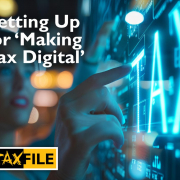
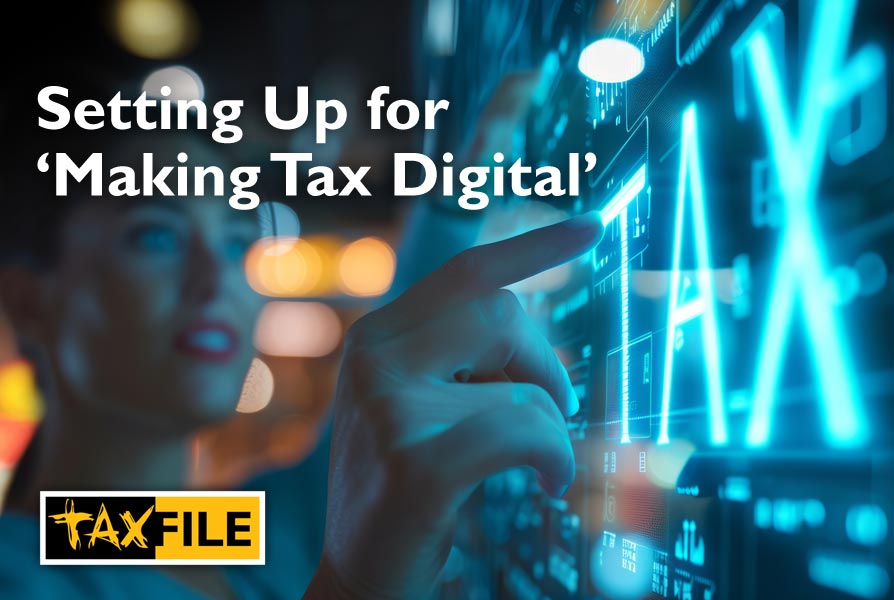
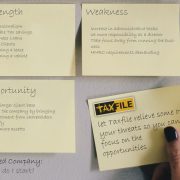
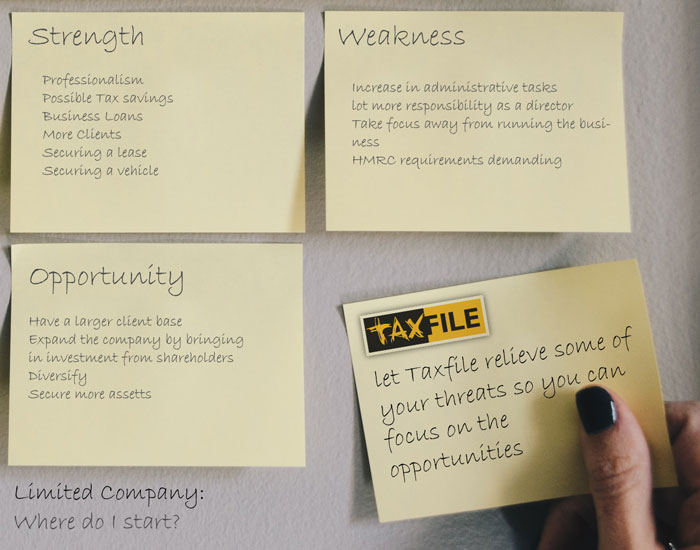

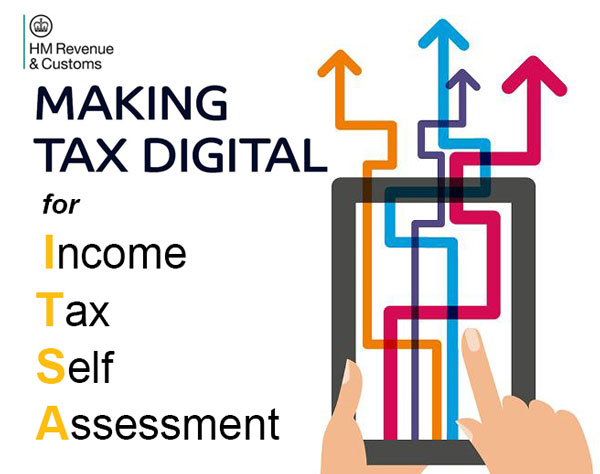
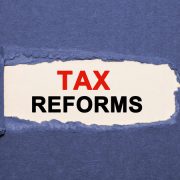
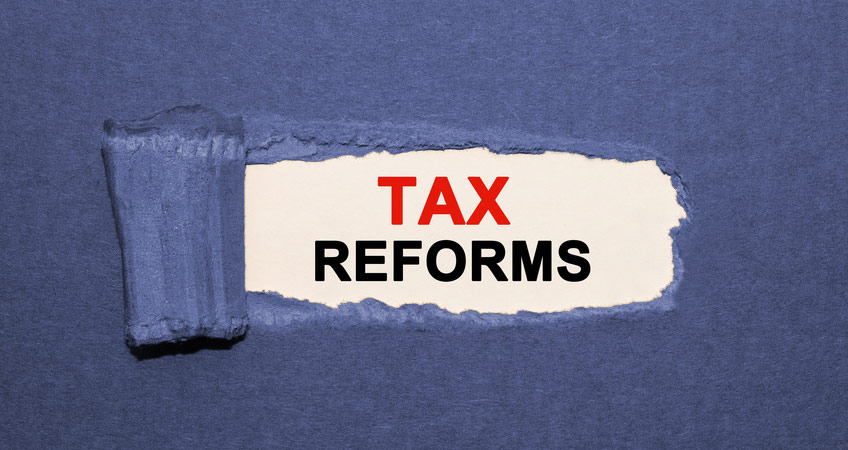
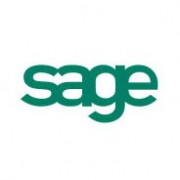
 [UPDATE: Please note that this offer has now expired]. Get Sage One Cashbook
[UPDATE: Please note that this offer has now expired]. Get Sage One Cashbook